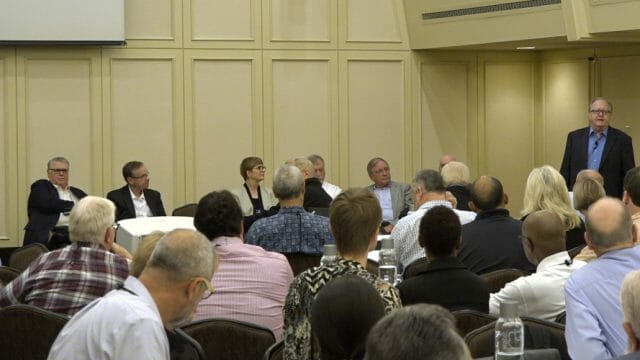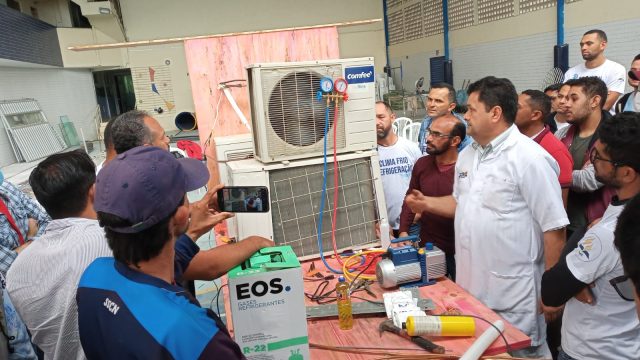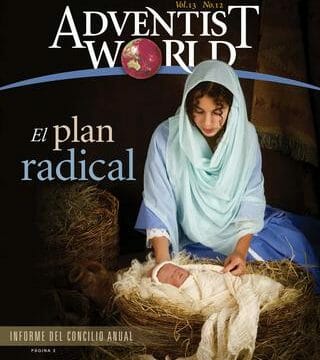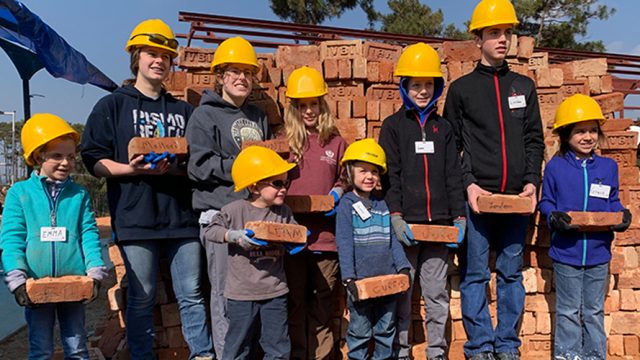“You’re blessed when you’re at the end of your rope, for then there is room for more of God and His rule.”
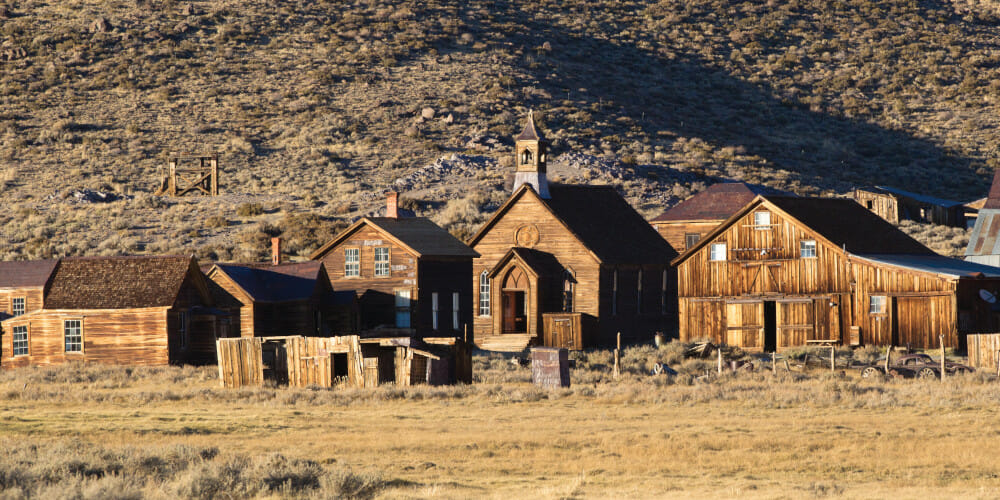
The road to Bodie is a thin gray line wandering drunkenly east of Lake Tahoe in northern California, United States. Bodie, elevation 2,554 meters, exists because in 1859 wandering miners discovered gold beneath the sagebrush. They shared the news and quickly the desert blossomed into a short-lived city of nearly 7,000, sporting two churches and 65 saloons.
Today Bodie is an empty “ghost town,” a collection of buildings in “arrested decay,” that has been designated a California state park.
Bodie’s a great place for getting lost. In summer you and 200,000 other visitors stumble past humps of sagebrush and families of rattlesnakes, all to see buildings that look like the owners will be back any minute.
In winter Bodie is empty, buried beneath tons of blowing snow, home only to two pistol-packing state park rangers.
* * *
My first visit to Bodie was on a gray-sky day in February, and I had forgotten about winter. I went, blindly following the advice of my biology professor friend, Don Hemphill, who said, “Dick, you’ve got to go to Bodie. You’ll love it!” Don’s dad had operated a freight company in Bodie, so I figured I could trust his advice.
Don hadn’t told me about winter in Bodie.
Four of us were in our car, happily driving home from a Bible conference on a road that meandered near Bodie. When we saw the sign “Bodie 10 miles,” Bert and I, and our wives, Donna and Brenda, chose to follow Don’s advice and visit the ghost town. Our map showed a thin road squiggling up the hills toward Bodie.
The map was right, but we had forgotten about winter.
Five miles later our car slipped in the snow, broke through thick ice, and stopped dead in a freezing stream that crosses the Bodie road at the base of a steep mesa. It was too far to walk back to the main road without freezing our feathers, and it was still another five miles up and over the foreboding mesa to Bodie.
Snow began to sift from the darkening clouds, and we thought about winter. We prayed. We prayed hard.
Our wives chose to stay in the car. The engine was running. Brenda was practicing her Spanish, Donna was knitting a blanket, and the car heater was keeping both of them warm. Bert and I shrugged into our down jackets, tied the leather laces on our hiking boots, pulled on warm gloves, and began walking uphill—hoping there would be a California park ranger with a phone in Bodie.
We prayed together, and Brenda and Donna waved encouragement from the safety of the car as we promised we’d be “right back,” to “save” them.
That was 10:40 Sunday morning. Sometime after 3:00 p.m. Bert and I realized we were lost—walking circles in rapidly-falling knee-deep snow. We were going nowhere slowly—encased in a blinding blizzard that made it impossible to see our hands in front of our faces. Our toes froze into blocks of wood. Our eyelashes stitched together with huge icicle zippers. Our gloves, jackets, jeans, and boots all failed the Bodie blizzard test. We were freezing to death.
* * *
“I can’t go on,” I mumbled, and fell into the snow. Bert heard, and collapsed beside me. We prayed for our wives, thanked God for good lives, shook hands, and “died.”
Freezing is a pretty painless way to go.
But God had remembered winter and His promised resurrection.
“Dick! Get up!” Bert shouted into my ear.
I sat up, flinging snow in every direction and looking straight into Bert’s amazed eyes.
“Thanks for waking me up,” he said.
“I didn’t,” I answered. “I woke up when you shouted for me to get up!’”
“No. You just shouted for me to get up!”
“No, you did!”
“No, you did!”
Awe ended our argument, and we sat together in snowy silence. God had awakened both of us at exactly the same moment.
I know what God sounds like. He sounds like Bert!
And Bert? He thinks God sounds like me!
We stood then, side by side in the driving blizzard, praying prayers of thanksgiving, and pleading for God to lead us to safety. After “Amen,” we linked arms and shambled along behind a team of angels into Bodie’s empty Main Street.
Inside the Bodie Café we saw a 150-year-old stove, newspapers, and a can of kerosene. I broke a window, so we could build a fire in the stove.
* * *
Twenty minutes later, as our toes were beginning to thaw, a young ranger showed up and marched us to headquarters.
“Just wait till the chief ranger sees you,” he mumbled. “You broke a window. The old man will be angry!”
The old man came quickly, enraged by our presence and ready to push the whole power of California law upon us. We sat on the floor, as close to the heater as we could, ready to accept our punishment.
“Don’t you know it’s a felony to break windows on state property? Why are you here anyway? Don’t you know Bodie is closed in the winter?”
“We know that now,” I offered, “but our friend Don Hemphill said we ought to visit Bodie. We didn’t think about winter.”
The old man unwound until he was sitting on the floor beside us.
“You know Don Hemphill?” he exclaimed. “He’s a great friend of mine. Did you know . . . ?”
The ranger forgot about the broken window as he told story after story about our mutual friend Don. When he finally took a deep breath, we told him that our wives were down the road knitting and practicing Spanish. A couple calls later he had a tow truck on the way to rescue the women, and a motel for them to stay in for the night. Since it was now dark, Bert and I had to stay in the ghost town and wait until morning to go down the hill in the old man’s giant snow machine.
“I guess God helps you even when you do stupid stuff!” the old man said.
We prayed thanks over dinner that evening. We prayed thanks most of the night. And we prayed thanksgiving loud and long when we met our wives in the morning!
“You’re blessed when you’re at the end of your rope,” Jesus taught on Galilee’s hillside, “with less of you there is more of God and his rule” (Matt. 5:3, Message).*
* Texts credited to Message are from The Message. Copyright ©1993, 1994, 1995, 1996, 2000, 2001, 2002. Used by permission of NavPress Publishing Group.




